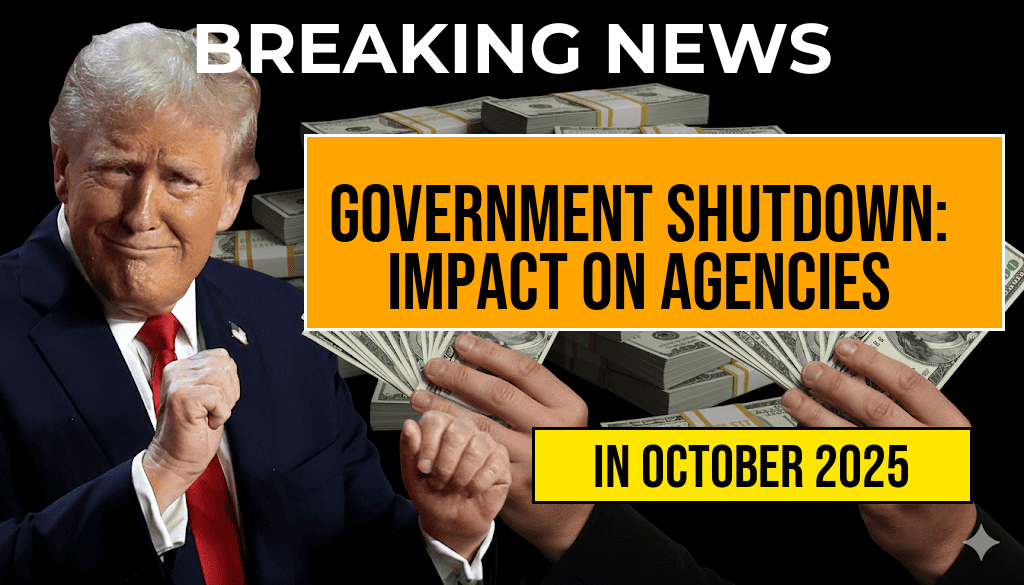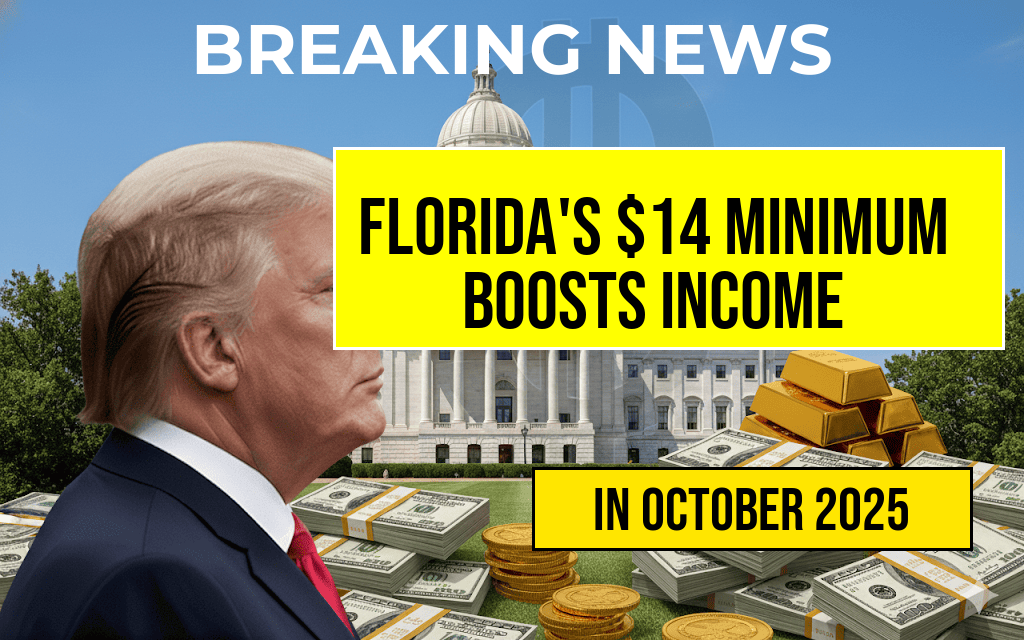The federal government has officially entered a shutdown as appropriations bills remain unresolved in Congress, leading to a widespread halt of many public services and operations. While some agencies have managed to sustain essential functions through existing funding or legal authority, others have been forced to cease most activities, impacting millions of Americans. This shutdown underscores the complex and often fragile nature of federal funding, with key agencies such as the Social Security Administration and Internal Revenue Service (IRS) facing different degrees of disruption. Meanwhile, critical sectors like national defense, transportation security, and public safety continue to operate, although not without challenges. As negotiations continue, understanding the specific impacts across federal agencies offers insight into how government shutdowns ripple through everyday life and national security.
Agency-by-Agency Impact Snapshot
Agencies Continuing Operations
- Defense Department: Military operations, national security missions, and essential personnel are maintained, funded through prior appropriations or mandatory spending. However, non-essential activities such as training, administrative functions, and procurement are curtailed.
- Transportation Security Administration (TSA): Airport screening and security operations remain operational to ensure the continuity of air travel, supported by mandatory funding sources.
- Federal Emergency Management Agency (FEMA): Emergency response and disaster management activities continue, given their critical role in public safety and safety protocols.
- National Security Agencies: Agencies like the Central Intelligence Agency (CIA) and National Security Agency (NSA) maintain essential functions related to intelligence gathering and national security, largely unaffected by the shutdown.
- Veterans Affairs: The VA continues to process benefits and provide healthcare services via mandatory funding, although some non-urgent administrative tasks are delayed.
Agencies Facing Service Suspensions or Limitations
| Agency | Status | Key Services Affected |
|---|---|---|
| Social Security Administration | Partially operational | Disbursement of benefits continues; however, many field offices close, and face-to-face services are unavailable. |
| Internal Revenue Service (IRS) | Significantly limited | Tax processing and audits are delayed; taxpayer assistance lines are closed, and some refunds may be postponed. |
| Environmental Protection Agency (EPA) | Mostly halted | Enforcement activities, research, and permitting processes are suspended, impacting environmental oversight. |
| Department of Housing and Urban Development (HUD) | Limited operations | Most grant and loan processing stops; some public housing activities continue, but at reduced capacity. |
| Department of Education | Partial shutdown | Most administrative functions are halted; student loan processing and grant programs are delayed. |
Impacts on Critical Public Services
While agencies like the Department of Homeland Security and Federal Emergency Management Agency are designated as essential and remain operational, many services under their umbrella are affected. For example, Customs and Border Protection continues patrols and security screenings, but non-urgent administrative tasks are postponed. Similarly, the FBI and other law enforcement agencies maintain their core functions, though auxiliary activities such as investigations and community outreach face delays.
Financial and Social Service Disruptions
Millions of Americans relying on federal benefits face uncertainty as agencies process payments with limited staffing. Social Security payments are scheduled to continue without interruption, but local offices are closed, limiting in-person assistance. The IRS has halted many taxpayer services, which could complicate upcoming tax deadlines and refunds. Meanwhile, food assistance programs administered by the Department of Agriculture face delays, potentially impacting vulnerable populations.
State and Local Interactions
Many state and local agencies coordinate with federal partners for various programs, and shutdown-induced delays can ripple into local services, delaying disaster relief, housing assistance, and public health initiatives. States that rely heavily on federal funding are especially vulnerable, facing budget shortfalls and service disruptions.
Broader Economic and Security Implications
The shutdown’s immediate effects extend beyond individual agencies. Financial markets react to ongoing political stalemates, and government contractors face uncertainty with postponed payments. National security remains a priority, but staffing shortages and delays in intelligence operations could pose risks if prolonged. Moreover, the shutdown underscores the importance of legislative agreements to ensure essential functions persist without interruption.
Sources and Further Reading
- Wikipedia – U.S. Government Shutdown
- Forbes – Impact of Government Shutdown
- Congress.gov – Legislation and Funding Bills
Frequently Asked Questions
What agencies are still operating during the government shutdown?
Essential agencies such as the Social Security Administration, IRS, Defense Department, and Transportation Security Administration (TSA) continue to provide critical services despite the shutdown.
Which government services have been halted due to the shutdown?
Many non-essential services, including public museums, national parks, and certain administrative offices, have ceased operations, leading to delays and closures across various departments.
How does the shutdown affect Social Security and IRS operations?
Social Security payments and IRS tax services are generally maintained to ensure ongoing support and compliance, though some processing delays may occur depending on funding and staffing levels.
What is the impact of the shutdown on defense and TSA services?
The Defense Department continues essential military operations, while the TSA remains operational to secure transportation hubs, ensuring safety and security for travelers and the nation.
Will government employees be furloughed or required to work during the shutdown?
Many federal employees face furloughs and unpaid leave, while essential personnel, such as those in national security and public safety roles, are required to continue working without immediate pay until funding is restored.






